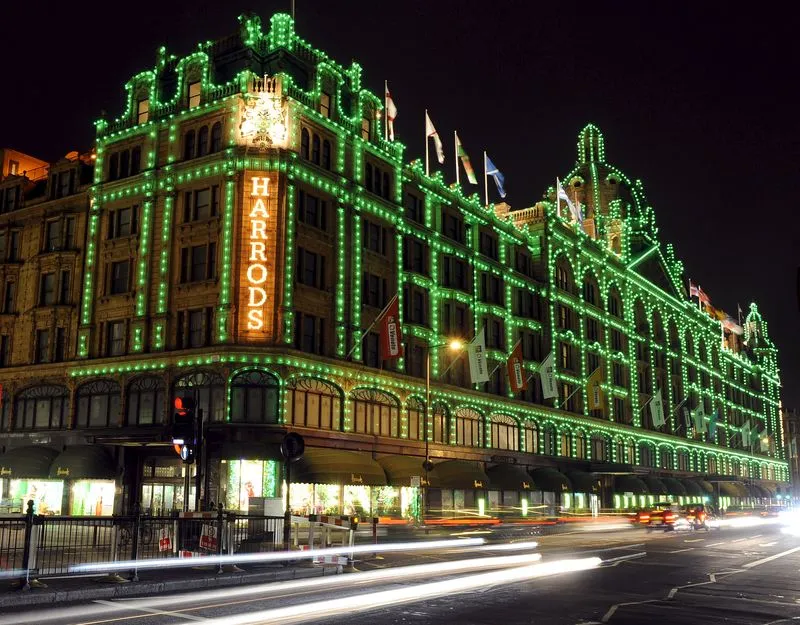
Out of all of the things to consider when establishing your business, choosing the right location is an integral factor that can determine whether you’ll sink or swim. With virtually every industry so competitive, every advantage has to maximise to add value to your firm, and the geographical factor is no exception.
It goes without saying as well, that whether you intend to rent or buy commercial property, it’s going to be a very expensive process, especially in major cities such as London where property of all varieties comes at a premium cost. Indeed, preliminary research may paint a bleak picture as to the cost of workspace in the capital, but with a few considerations, your outgoings can be converted into a priceless asset for your business.
Commuter links
Arguably the most obvious point to consider is how easy it will be for yourself and your staff to make the daily commute to and from work. If you have the funding to operate within a major urban hub then this shouldn’t be a problem with their well-established infrastructure spanning many miles, but being based further out can present issues.
For example, you might base yourself in a commuter town that is cheaper than Central London property wise, but you may find yourself reliant on one sole link into town with few if any realistic alternatives. This could greatly hinder your ability to recruit top talent based within London, as if they have to travel extensively just to reach the aforementioned sole route out of town, it may be more hassle than it’s worth for them to work with you.
Prestige
If you were to ask the majority of entrepreneurs where they would like to see themselves in the long-term, it would be a safe bet that many would answer that they would love to be headquartered in a gleaming hi-tech office situated in a financial or commercial district, or some similar location with a name that attracts a great deal of kudos.
Although it would naturally be more expensive, it is a perhaps unfair reality that an address in some areas will carry more weight than that based somewhere else without a reputation for financial success. Many have made mention of it, that being based where it’s all happening is a source of fantastic PR when it comes to attracting new clients and customers.
Volume of competitors
Naturally, what’s good for you and your business is also going to be good for your rivals within the industry as well, so it’s vital that you know exactly which of your competitors are based near to where you intend to set up your base. Should there be numerous of them within a relatively close radius then that might be indicative that the area yields some great benefits, but does that mean your company may struggle to stand out?
However, this rule would not necessarily apply if you’re bringing something new and unique to the table and indeed could see a great deal of your competitor’s clientele come your way. If you can get the word out of the benefits that only you can offer then the opportunity to really penetrate a local market could be at hand and help build your brand as a major player in no time at all!
Target market
The most vital consideration for any business such as clothing retailers or car dealers who rely on selling directly to customers will be your proximity to your target market. Should you deal in high-end and luxury goods, then it stands to reason that you’ll have to go to your intended audience and perhaps spend more money to operate within a more upmarket part of town.
Alternatively though if your product or service is geared to appeal to a specific local community, then it makes more sense to seek premises close to this demographic. This would be a good option for say a provider of specialist foods if you intend to sell primarily to a particular ethnic, religious or cultural group, then it would make sense to operate in close proximity to areas where many members of these communities would live.
Whilst there is never any guarantees in the world of business, doing your homework and research before making such a significant investment can be a huge factor in determining how well your business does. Simply opting for the cheapest option or conversely the most expensive option is a short ride to probable failure as whilst some money will have to be spent on this venture, the price is not always a 100 per cent indicator of quality.
Read up on what the experts are saying, and take your time to determine the best course of action relevant to your business’s unique needs.









